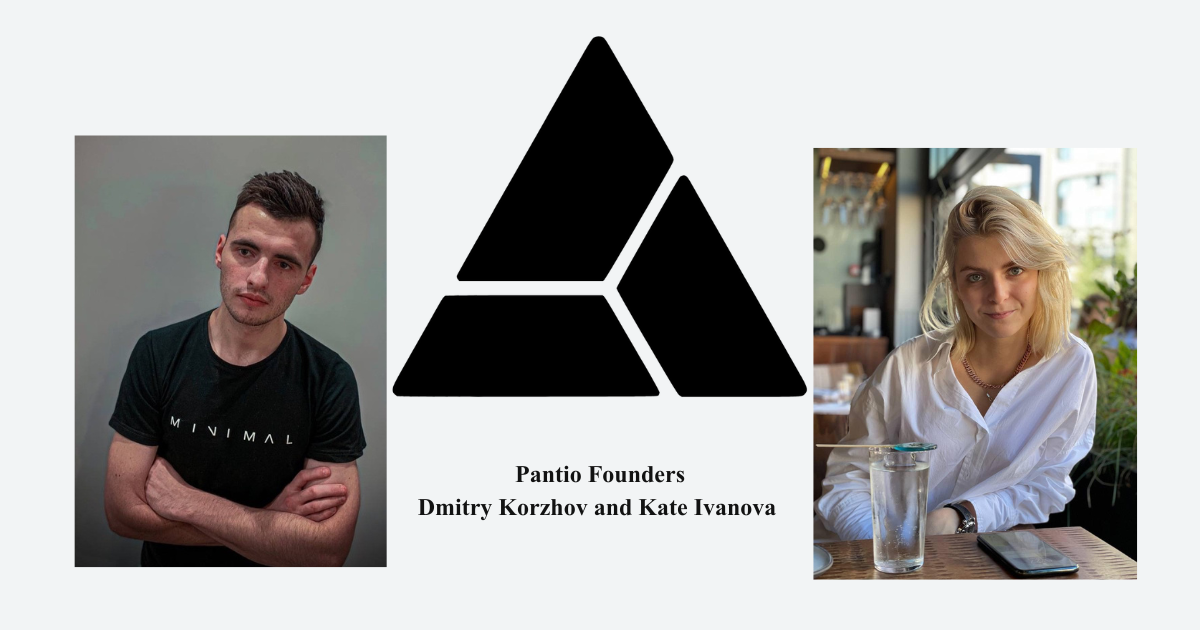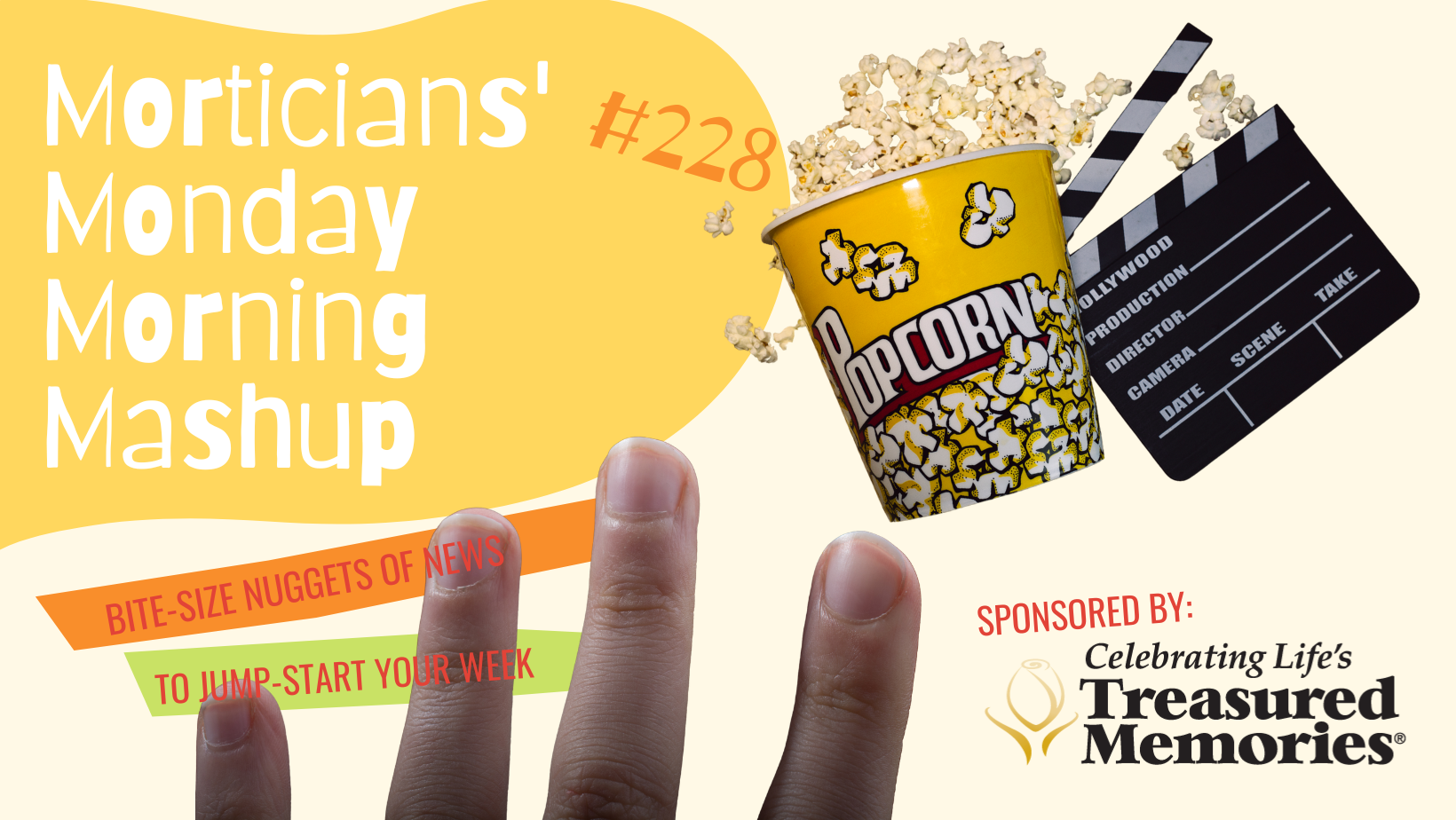“Scatter Days” and Grandmas in the Closet: The Problem of Superfluous Cremains
“Most families have at least one cremation urn in their care — and don’t know what to do with it.”
This is a quote from the website of Southern Cremations & Funerals in Marietta, Georgia. Another firm estimates that “one in five families has cremated remains in their home, with no plans to memorialize.”
Could you have imagined these statistics 20 years ago? Or even 10? It seems that rising cremation rates have created a unique conundrum: coat closets full of cremains.
What to do with Grandma
There are a plethora of interesting options for memorializing or disposing of cremains. Stunning urns. Keepsake items. Eco-friendly containers for water burials. However, many families have chosen to keep their loved ones in the standard plastic bag and cardboard box in which they’re first received. That is, if they opt to receive them from the funeral home at all.
In late August, Harrison’s Funeral Home in Iowa asked the media to help them find family members of nearly 100 sets of unclaimed remains. Over the years the funeral home’s stockpile of cremains had grown to more than 300 boxes, their storeroom was overflowing. Although Harrison’s located families of more than 200 individuals and asked them to pick up their loved ones, families of the remaining 91 were MIA. Those still unclaimed by September 26 are slated for burial at a mass service at a local cemetery.
Why does this happen?
There are plenty of reasons remains become unclaimed at funeral homes, crematoriums, or even at anatomical donation facilities. Often, a lack of understanding of the cremation process leaves families believing the funeral home is managing final disposal. Other times, families aren’t emotionally prepared to pick them up, someone thinks another family member is handling it, or time simply passes and they simply forget.
Some of those same reasons may explain why cremation urns and boxes of cremains end up crowding bookshelves, forgotten in attics and basements, shoved under beds, or stuffed in closets. (If you can’t imagine what that looks like, check out this cute video from Chapel of the Chimes in Oakland, California.)
Plus, as families grow, new generations of descendants are being tasked as caretakers of Grandma’s (and Grandpa’s, and Great Aunt Lucy’s…) cremains. It’s possible they might not even know what they have, let alone what to do with their unusual inheritance.
This audience, and the problem of superfluous remains, are slowly but surely being recognized in different ways. For example, in March, the Funeral Nation guys interviewed Darrell Hill of EternalGardens.com. Hill’s platform is an online directory of scattering and disposition options, and his target audience is the family who is looking for final disposition. It’s a great tool to help them get Grandma out of the closet, but it shouldn’t be the only option.
Can you help?
Although funeral homes and crematoriums didn’t create this problem, they are the logical entities to step in and offer solutions. Harrison’s Funeral Home in Iowa turned to the media for help after exhausting their own resources. Some state agencies and anatomical donation programs hold an annual mass memorial to dispose of unclaimed remains in their care.
But what about those claimed, but non-memorialized, cremains sitting in loved ones’ homes? Some organizations now offer a philanthropic initiative to help those folks find a permanent home for their departed.
Scatter Days Saturdays
Cleverly called “Scatter Days,” these one-day events offer families the opportunity to finally dispose of cremains in their care. French Funerals and Cremations in Albuquerque held their first Scatter Day in 2017 at Sunset Memorial Park, helping more than 600 families. More than 400 families participated in 2018, choosing a final resting place for their loved ones either among a rose garden or in an underground vault.
The names of the deceased were engraved on a granite wall at the cemetery. French provided the scattering service and engraving — a $300 value — at no cost to Scatter Day participants.
Other funeral homes across the country have followed French’s lead. Fairmount Memorial Association in Spokane, Washington held free Scatter Days at their seven cemeteries this month. Georgia’s Southern Cremations & Funerals is holding theirs in October at Cheatham Hill Memorial Park. Chapel of the Chimes’ Scatter Day event in August offered either scattering and engraving at no charge or $850 towards a permanent memorialization option
Is your organization in a position to offer a similar service to families struggling with a closet full of cremains? Why not take a page from these events?




